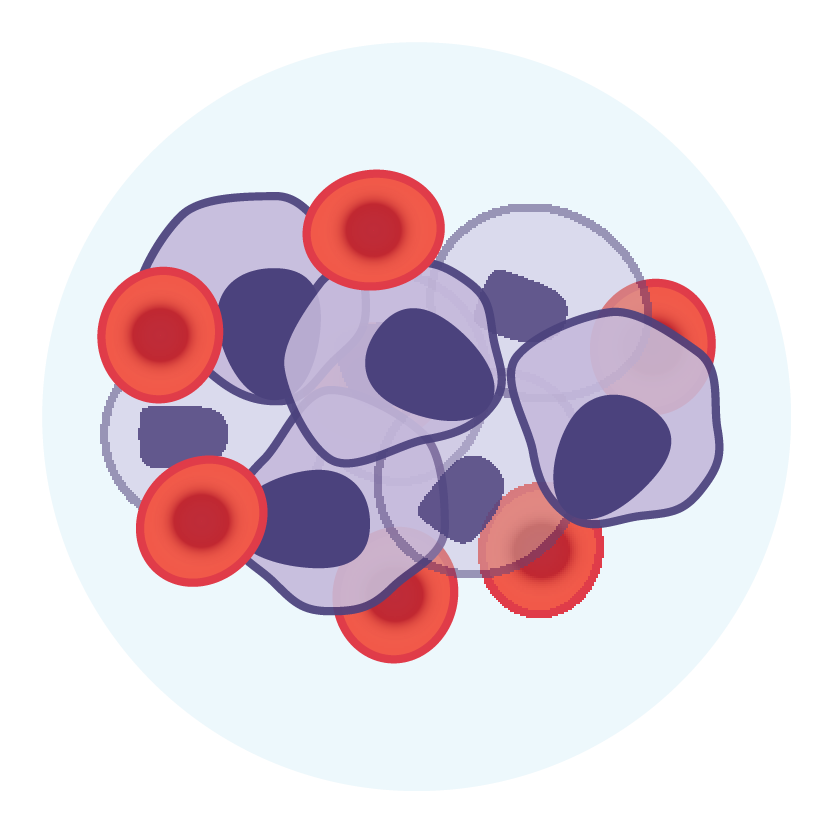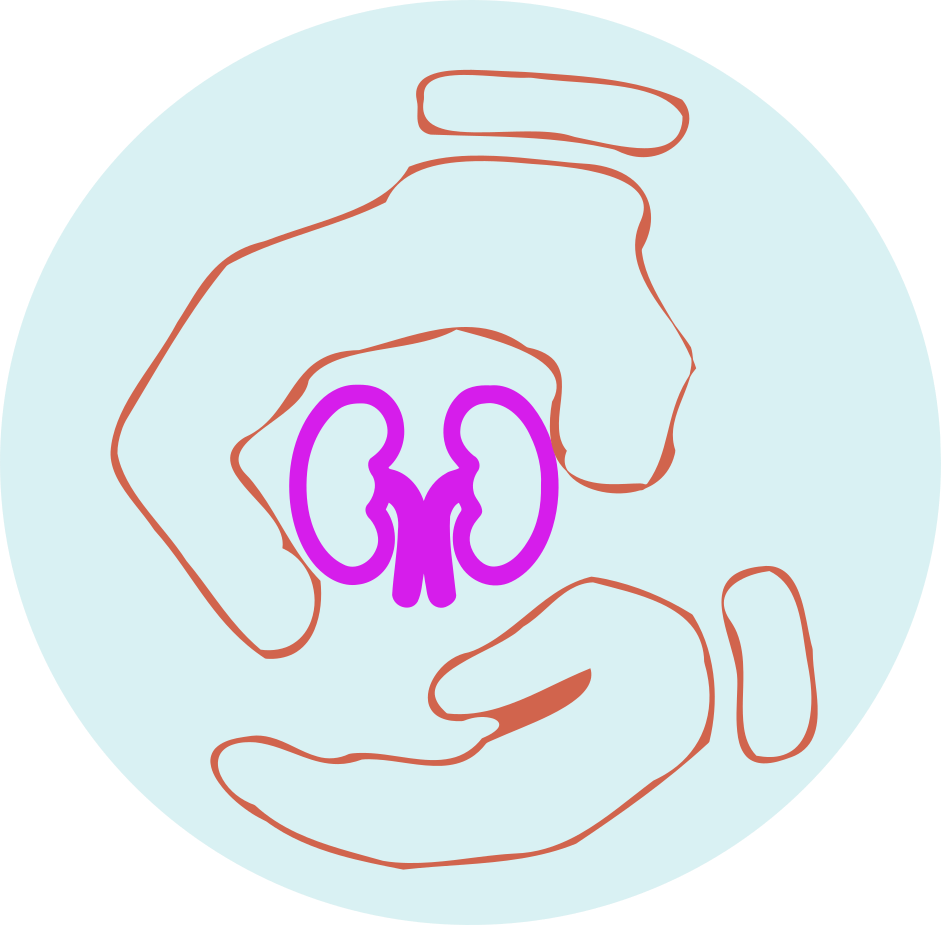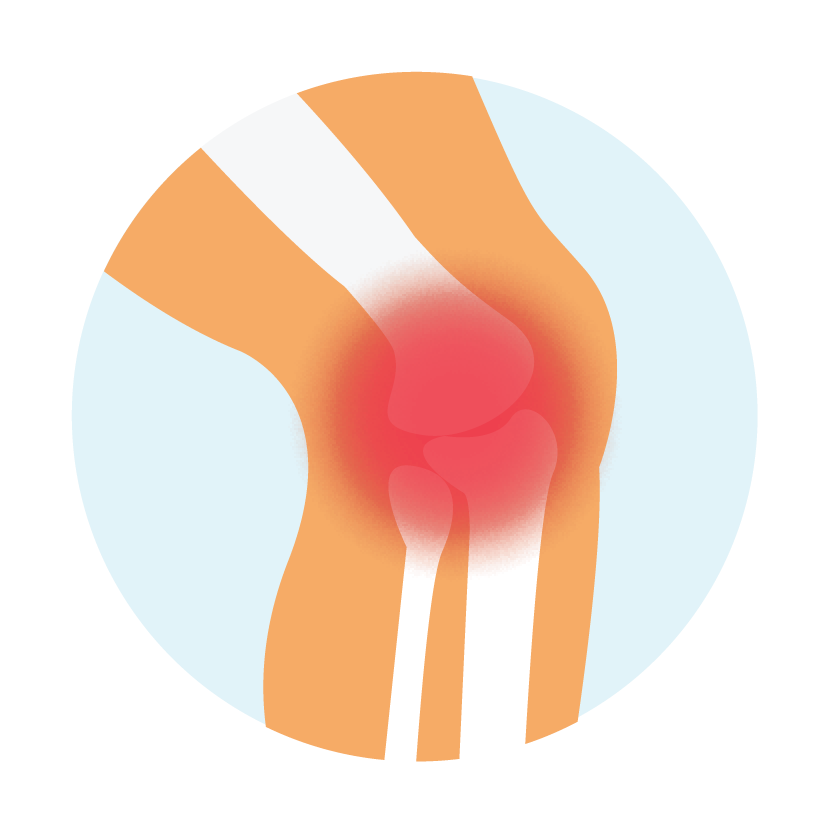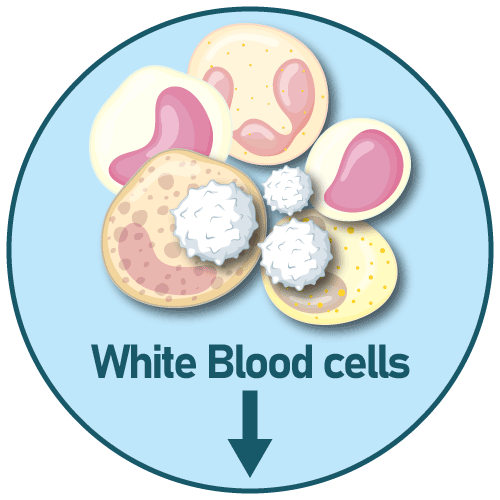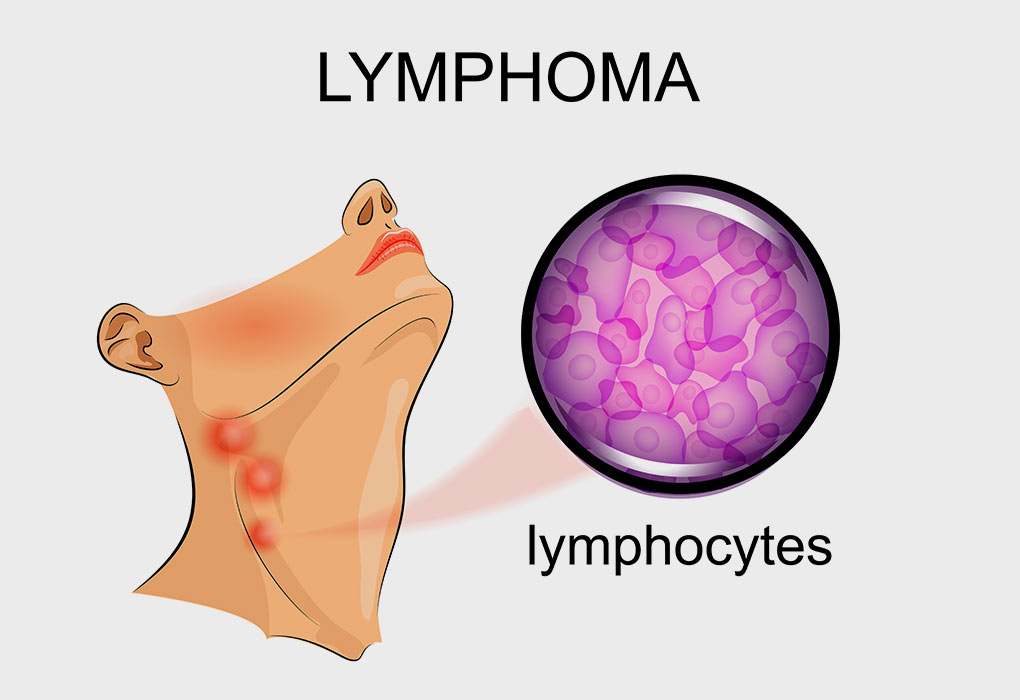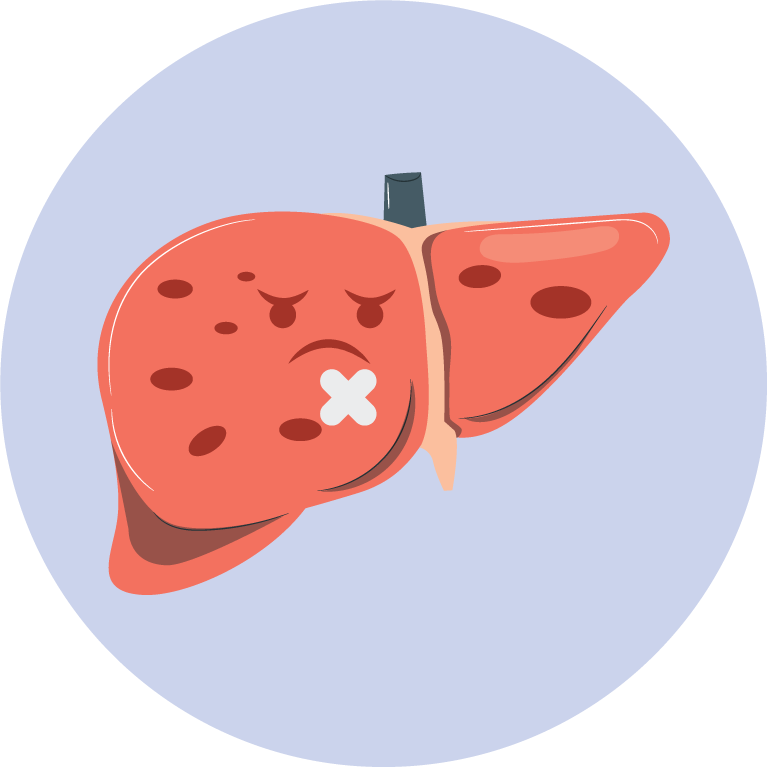| Name | Azathioprine |
| Classes |
Immunotherapeutic Agent Antirheumatic Immunosuppressive Agent |
| Diseases |
Immunological Disorder Renal Homo Transplantation Rheumatoid Arthritis |
Azathioprine
Azathioprine is an immunosuppressive antimetabolite. Azathioprine is purine analogue and a prodrug which is metabolized into 6-mercaptopurine, the active form of the drug. 6-MP's phosphorylated form mimics DNA nucleotide which is incorporated into the DNA during replication. As a result DNA replication is inhibited due failure of elongation of the DNA. 6-MP also inhibits the enzymes- AMP deaminase and PRPP synthetase which produce Inosine mono phosphate, the generic form of purines.
Azathioprine is indicated for the following diseases-
- Acute lymphoblastic leukemia
- Chronic myelogenous leukemia
- Renal homotransplantation
- Rheumatoid arthritis
Renal Homotransplantation:
- Individual patients will require a different dose of Azathioprine to prevent rejection and minimize toxicity, necessitating careful management. The first dose is usually 3 to 5 mg/kg per day, starting at the time of transplant. Azathioprine is typically administered as a single daily dose on the day of transplantation, and in a minority of cases 1 to 3 days beforehand. It is usually possible to reduce the dose to a maintenance level of 1 to 3 mg/kg daily. Because of the risk of rejection, the dose of Azathioprine should not be increased to toxic levels. Discontinuation may be required for severe hematologic or other toxicity, even if drug withdrawal may result in homograft rejection.
Rheumatoid Arthritis:
- Azathioprine is typically administered on a daily basis. The initial dose should be around 1.0 mg/kg (50 to 100 mg) given as a single dose or twice daily. If there are no serious toxicities and the initial response is unsatisfactory, the dose may be increased gradually over 6 to 8 weeks, with steps at 4-week intervals. Dose increments of 0.5 mg/kg per day should be used, with a maximum dose of 2.5 mg/kg per day. A therapeutic response occurs after several weeks of treatment, usually six to eight weeks; an adequate trial should last at least 12 weeks. Refractory patients are those who have not improved after 12 weeks. Azathioprine can be given to patients who have a clinical response for an extended period of time, but they must be closely monitored.
- Maintenance therapy should be administered at the lowest effective dose, and the dose can be gradually reduced with changes of 0.5 mg/kg or approximately 25 mg daily every 4 weeks while other therapies remain constant. The optimal duration of Azathioprine maintenance has not been determined. Azathioprine can be discontinued abruptly, but delayed effects are possible.
Azathioprine can cause the following side effects-
- Leukopenia
- Infections
- Nausea
- Vomiting
- Neoplasia
- Lymphoma
- Liver problems
MALIGNANCY
Post-transplant
Rheumatoid Arthritis
There is information available on the risk of cancer associated with the use of Azathioprine in rheumatoid arthritis (see ADVERSE REACTIONS). It has not been possible to pinpoint the precise risk of cancer caused by Azathioprine. The data suggest that the risk is higher in rheumatoid arthritis patients, but lower than in renal transplant patients. However, acute myelogenous leukemia and solid tumors have been reported in Azathioprine-treated rheumatoid arthritis patients.
Inflammatory Bowel Disease
In patients treated with Azathioprine, postmarketing cases of hepatosplenic T-cell lymphoma (HSTCL), a rare type of T-cell lymphoma, have been reported. These cases had an extremely aggressive disease course and were fatal. The majority of reported cases were in Crohn's disease or ulcerative colitis patients, and the majority were in adolescent and young adult males. Some of the patients received Azathioprine as monotherapy, while others received TNF blocker treatment concurrently or prior to diagnosis. Azathioprine's safety and efficacy in the treatment of Crohn's disease and ulcerative colitis have yet to be established.
Cytopenias: Patients receiving Azathioprine may experience severe leukopenia, thrombocytopenia, anemias including macrocytic anemia, and/or pancytopenia. Severe bone marrow suppression is also possible. Patients with intermediate thiopurine S methyl transferase (TPMT) activity may be at greater risk of myelotoxicity if given standard Azathioprine doses.
Serious infections: Serious infections are a constant risk for patients on chronic immunosuppression, particularly homograft recipients. Infections caused by fungi, viruses, bacteria, and protozoa can be fatal and should be treated aggressively. A decrease in azathioprine dosage and/or the use of other medications should be considered.
Pregnancy: Pregnancy Category D. Azathioprine can cause fetal harm when administered to a pregnant woman. Azathioprine should not be given during pregnancy without careful weighing of risk versus benefit. Whenever possible, use of Azathioprine in pregnant patients should be avoided. This drug should not be used for treating rheumatoid arthritis in pregnant women.
Contraindication
Contraindicated in patients hypersensitive to Azathioprine.
None known.
 Bangla
Bangla English
English